New Jersey Climate News
News Aggregation from the NJ Climate Change Resource Center
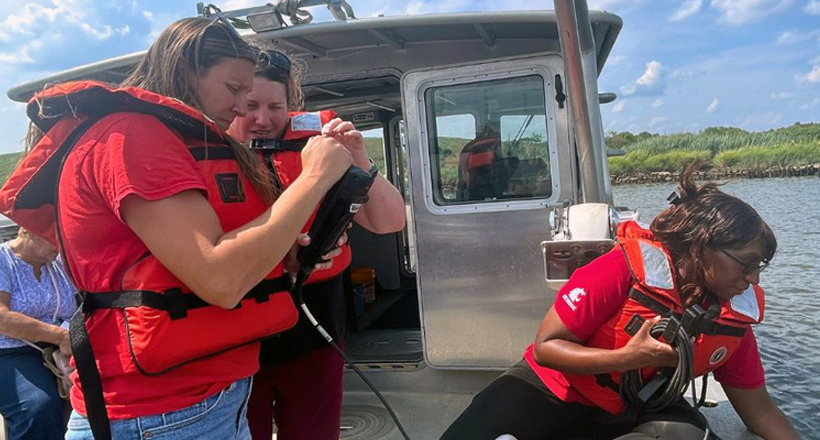
Climate Education
Innovative summer climate data and literacy workshop stresses connections to local and global impacts and community-based partnerships
SEBS / NJAES – Middle and high school teachers from Belleville, Jersey City, Kearny, Neptune, Newark, and New Brunswick honed their climate change knowledge and made connections to local experts in a four-day Climate and Data Literacy summer workshop on the Rutgers-New Brunswick campus.
With the recent incorporation of climate change into New Jersey’s K-12 Student Learning Standards across all subject areas, New Jersey educators are preparing their students to understand climate change and its impacts locally to globally, and to act in informed ways.
Teachers learned about local climate change data, conditions and impacts and explored NJ ADAPT digital tools, with Rutgers experts Dr. Marjorie Kaplan of the Rutgers Climate and Energy Institute and NJ Climate Change Resource Center, and Lucas Marxen and Dr. James Shope of the New Jersey Climate Change Resource Center. They also sampled the Raritan River while aboard the RV Rutgers with Dr. Carrie Ferraro of the Rutgers Science Explorers Program.
Regional and global climate change implications were experienced through the interactive “Data to the Rescue: Penguins Need Our Help!” curriculum with its creators: Janice McDonnell, Marissa Staffen, and Matt Newman of Rutgers Cooperative Extension. Distinguished Professor and Chair, Marine and Coastal Sciences, Dr. Oscar Schofield provided a first-hand window into polar research and global climate impacts.
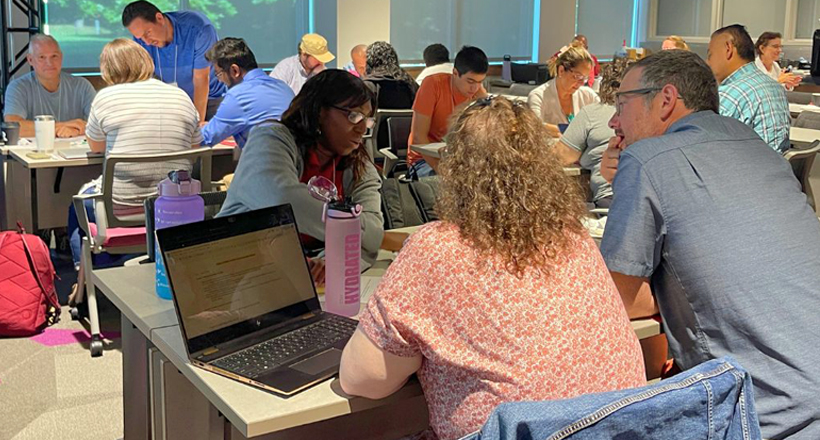
An eye into developing technology to measure and monitor climate change impacts was given through touring Rutgers Center for Ocean Observing Leadership labs with Professor Josh Kohut and Michael Crowley of Rutgers Department of Marine and Coastal Sciences.
Hands-on lessons on heat vulnerability and renewable energy were conducted by Dr. Brielle Kociolek and Dr. Edward Cohen of the Rutgers Center for Mathematics, Science and Computer Education.
Connections to local issues were a focus of sessions with climate and sustainability leaders working within each of the communities where the schools are located. “My kids see the impact of [Hurricane] Sandy. They see the raised houses. The empty houses because people can’t afford to fix them. They know how to relate,” said one participant.
Educators left with an action plan to not only test the climate data and resources in their own classrooms but also a plan for their school involving their local community partner that considers their community’s needs and cultures. They will come back to Rutgers in the Spring with their students to share what they have learned. A Jersey City teacher noted, “There are many avenues of inquiry students can take regarding addressing climate change at the local level, and it is in large part thanks to Rutgers for hosting the summer workshop that teachers like me are able to guide students in their endeavor.”
The workshop was a collaboration among the New Jersey Climate Change Resource Center, Rutgers Center for Mathematics Science and Computer Education, Rutgers Center for Ocean Observing Leadership, Rutgers Climate and Energy Institute, Rutgers Cooperative Extension and Rutgers Science Explorer Program.
SUBSCRIBE
Get the latest updates from the NJ Climate Change Resource Center
SHARE THIS PAGE
LATEST HEADLINES
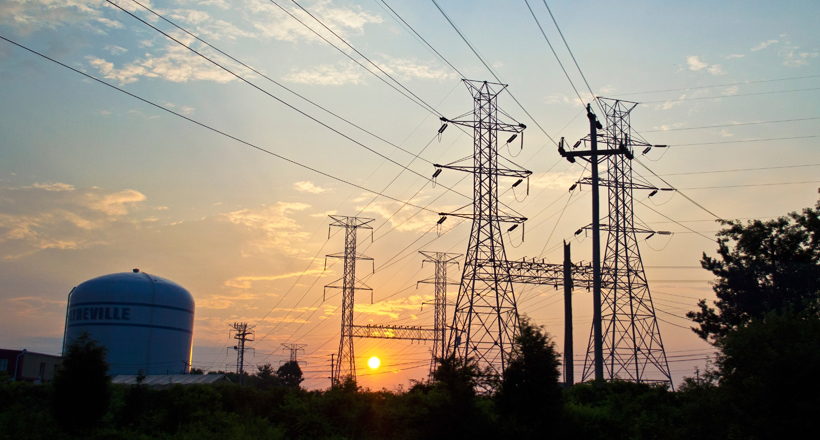
New Jersey’s balancing act: Cut utility bills without derailing clean energy
RAMBO TALABONG / INSIDE CLIMATE NEWS

Trump revokes basis of US climate regulation, ends vehicle emission standards
VALERIE VOLCOVICI and DAVID SHEPARDSON / REUTERS
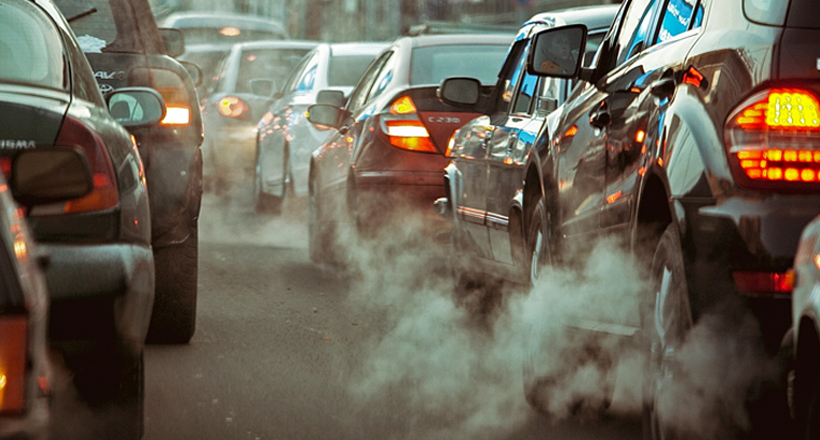
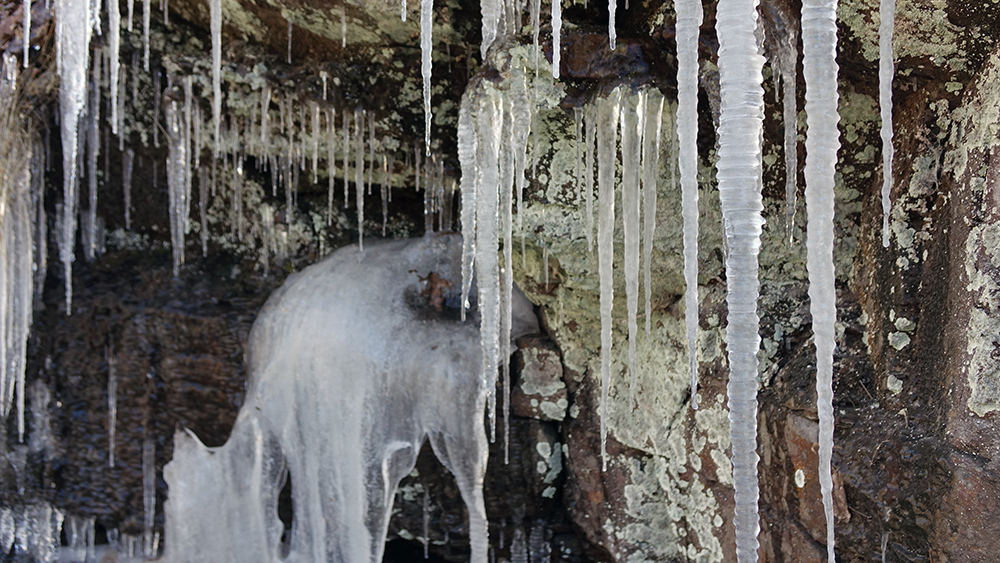
What’s up with this big freeze? Some scientists see climate change link
ERIC NIILER / NEW YORK TIMES
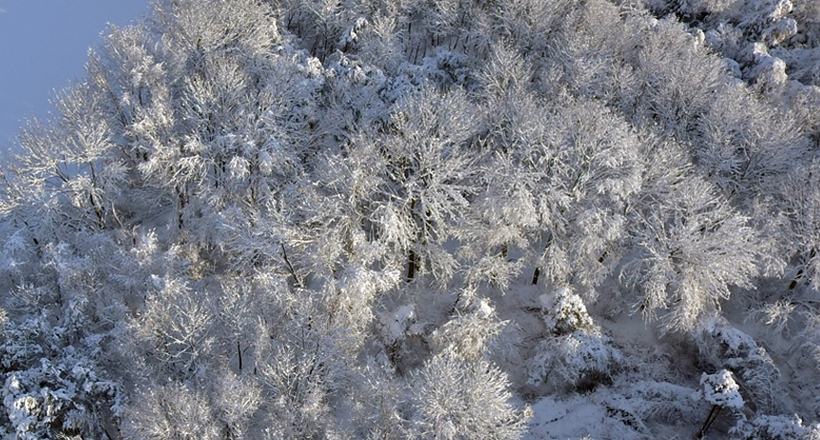
How does climate change affect winter storms?
SACHI KITAJIMA MULKEY / NEW YORK TIMES
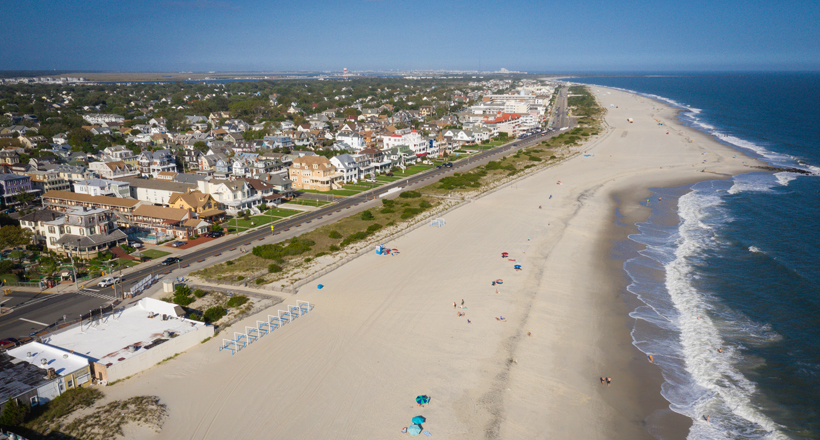
New Jersey finalizes higher elevation standards for the shore
SOPHIA SCHMIDT / WHYY

